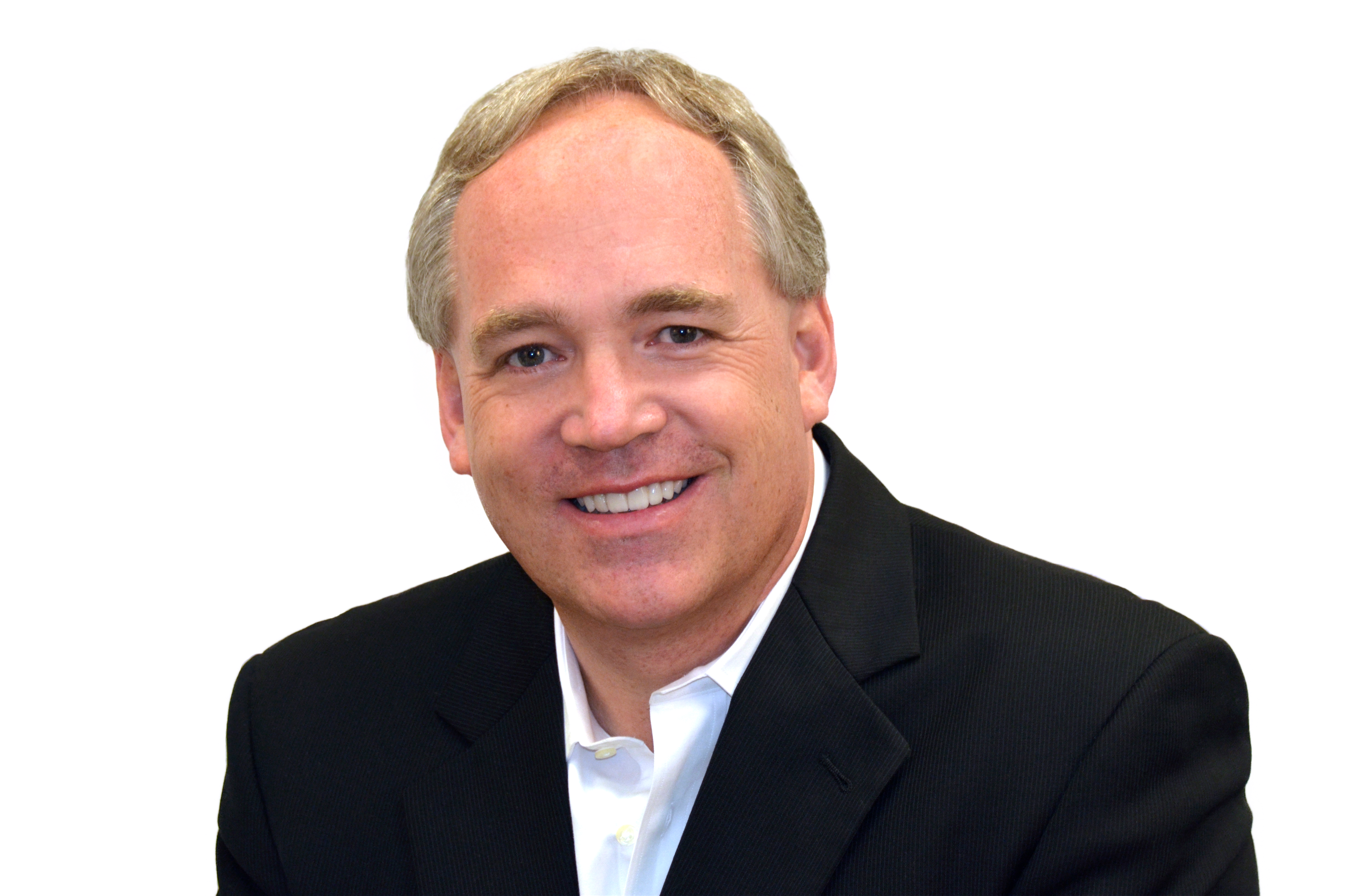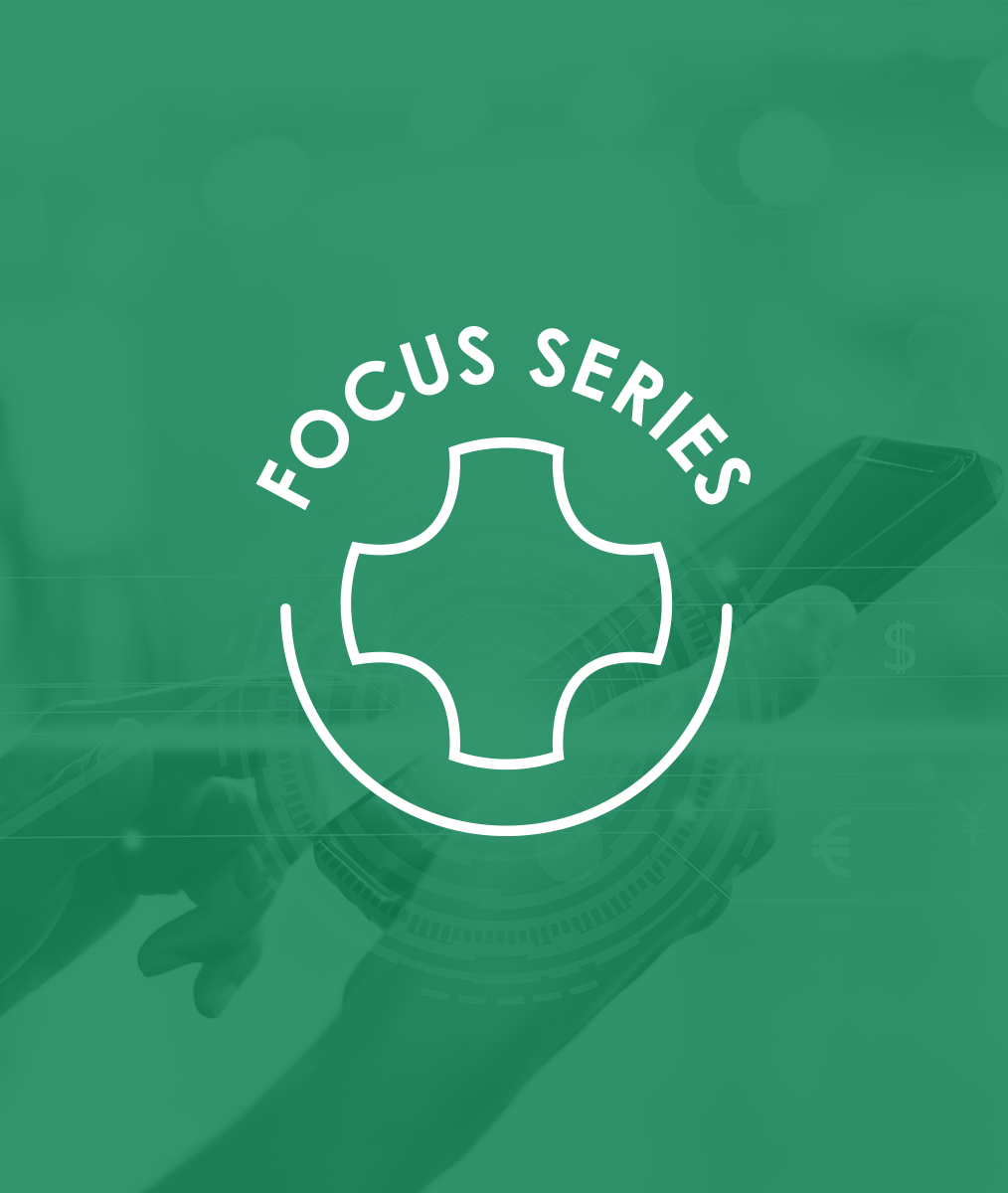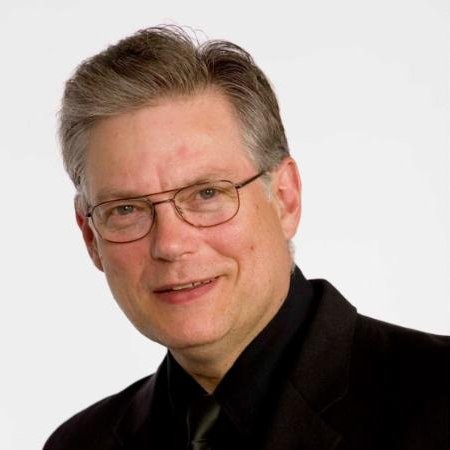The Power of BHAGs (Part 3)
By John C. Cranham, DDS
Sometimes you can see clearly where you want to go with your dental practice. I can vividly remember driving my car to St. Petersburg for my first class taught by Pete Dawson. It was 1989. When the class was over, I drove my little car all the way back to my 800-square-foot office in Portsmouth, Virginia, and arrived at four o’clock in the morning. I had just bought the office from a doctor who did mostly silver fillings—maybe only four crowns in the entire year. I remember I could visualize what I wanted to do with “my” practice but deciding the first steps was overwhelming.
A dental office can be the loneliest place in the world. I had to figure out the attainable steppingstones. We didn’t have the internet back then. Finding mentors and connecting with supportive, sharing colleagues was more difficult. In dentistry today, it’s easier to find those steppingstones. One of the most rewarding things I do today is helping dentists develop.
I caution dentists to not assume they will achieve their big goals fast. There is a temptation to give up when progress is slow. You’ve got to stay on the path to get to where you want to go. Think about your goals and steppingstones every day but be kind to yourself if it takes more time than you visualized.
Remember that everyone is different. All your buddies are going to be in different cities, different socioeconomic areas, and different practices. They’re going to have different opportunities. Social media can be your enemy when it comes to self-confidence and determination. There will be certain people that develop faster.
I can remember being very frustrated the first year or two in my little town of Portsmouth. There were dentists going through the same classes I was and were already doing the kinds of cases that I wanted to do but wasn’t doing yet. During the first two years in practice, I sometimes wondered if I would ever do the kind of dentistry I wanted. But I kept in conversation with my patients, eventually they began accepting treatments, and the floodgates finally opened.
One of the greatest things about this profession is we can always strive to be great. I don’t think I’m there yet. It’s the striving part—the working at it and seeing things improve that makes it so fun and rewarding. I love it.
People ask me, why are you setting BHAGs at this stage in your life? You’ve already accomplished so much. Why are you totally reinventing your practice systems? Why are you going fully digital after practicing on analog articulators for 35 years?
What I’ve been able to do in dentistry is constantly reinvent myself, and I feel like I am growing in what I can do. So, I say it’s because reinvention is awesome. It’s fun. And my staff knows that if I get something working well, I’m going to find a way to make it even better tomorrow.
Related Course
E2: Occlusal Appliances & Equilibration
DATE: October 20 2024 @ 8:00 am - October 24 2024 @ 2:30 pmTHIS COURSE IS SOLD OUT What if you had one tool that increased comprehensive case acceptance, managed patients with moderate to high functional risk, verified centric relation and treated signs…
Learn More>












